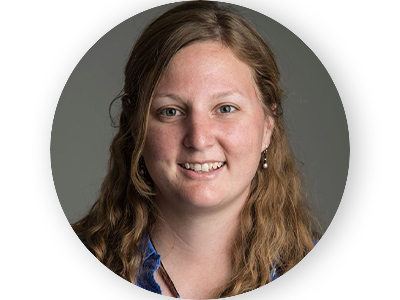
From the Minister’s Desk: In this Together
On September 23, I tuned in to the UU the Vote “Gather the Spirit” event. It started with a DJ spinning records as we were reminded that what we are working for—promoting a strong democracy, countering voter suppression, and community organizing—is something to celebrate and should be pleasurable.
There are several goals for UU the Vote but number one is that every person in a UU fellowship across the country will vote. The service included highlights from fellowships which are sending postcards, organizing phone and texting banks, and finding creative ways to reach out to voters. As we heard highlights from around the country, one of the organizers reminded us that a honeybee produces 1/12 of a teaspoon of honey in its lifetime. When it feels like goals and challenges are insurmountable, we don’t need to work harder. We need to work together. Take shifts for the revolution.
While I really enjoyed this event, what is gnawing at me right now is that I’ve noticed a growing gulf between neighbors, family members, and friends. I feel like I’m being asked to take sides that I don’t believe in. I feel like everyone is working for a revolution, but we’re not working for the same one. In my bi-monthly column for the Ashland Daily Press, I wrote about how the Enneagram has been helping me to connect to others, and I’ve received a lot of positive feedback from it. Below is an excerpt from the article as I know not everyone gets the paper.
As the U.S. presidential election nears, when our differences can be more divisive than ever, I’ve found working with the Enneagram to be especially helpful in finding connection with others and calm within myself.
The word Enneagram comes from the Greek words Ennea, which means nine, and gram, which means a figure. It describes an ancient figure, one that predates Greek culture, of a diagram with a circle enclosing a nine-pointed star. Many Greek philosophers engaged the Enneagram as a way of talking about the way the ego and soul could become disconnected, or as a way to explain the soul, or elements of our beings that were eternal. The Christian Desert Fathers engaged the Enneagram, as did Islamic mystics, such as Sufis. The ancient symbols and interpretations have made a resurgence in the past fifty years. The current research and application of the Enneagram is similar to Myers-Briggs or other personality tests which help to identify different patterns of thought, feeling, and action. These patterns were created as we developed to help us survive but also to find satisfaction. The Enneagram is based on the premise that there are nine categories which describe our personality patterns and the implications they have for shielding, or protecting, ourselves. To be aware of this is to understand how we relate to times of stress and safety.
One of my professors, John Lee, said to me once that we must know the self to lose the self. We were discussing how the spiritual practice of centering prayer offers an emptying of the self to create a direct connection with the divine. Mystical traditions especially focus on the practices of recognizing the ego self as just one layer of our beings. The Enneagram provides a tool for this self-emptying through self-awareness, which can help us integrate the spiritual aspects of our lives.
After engaging several books and the online tools on The Enneagram Institute’s website, I have concluded that I am a seven. The Enneagram teaches me that I often find distractions, especially pleasureful ones, when I encounter pain or hardship. As I see more hostility on both sides of the political spectrum during election season, I feel myself wanting to change the radio, to change the conversation, to try to make everything better with a good meal and a walk in the woods. Yet I am a spiritual being, one that relies on connection and who knows that we all have a common destiny. While I am intolerant to hate or things that cause another harm, I can use the Enneagram to help me accept differences, to stay curious about others’ thoughts and actions, and to understand my own patterns which lead to disconnection.
Respecting our differences also helps me know how to apply the Platinum Rule: to treat people not as how I would want to be treated, but how they would like to be treated. After all, if there’s one thing we’ve learned this year, it’s that we are all in this together.